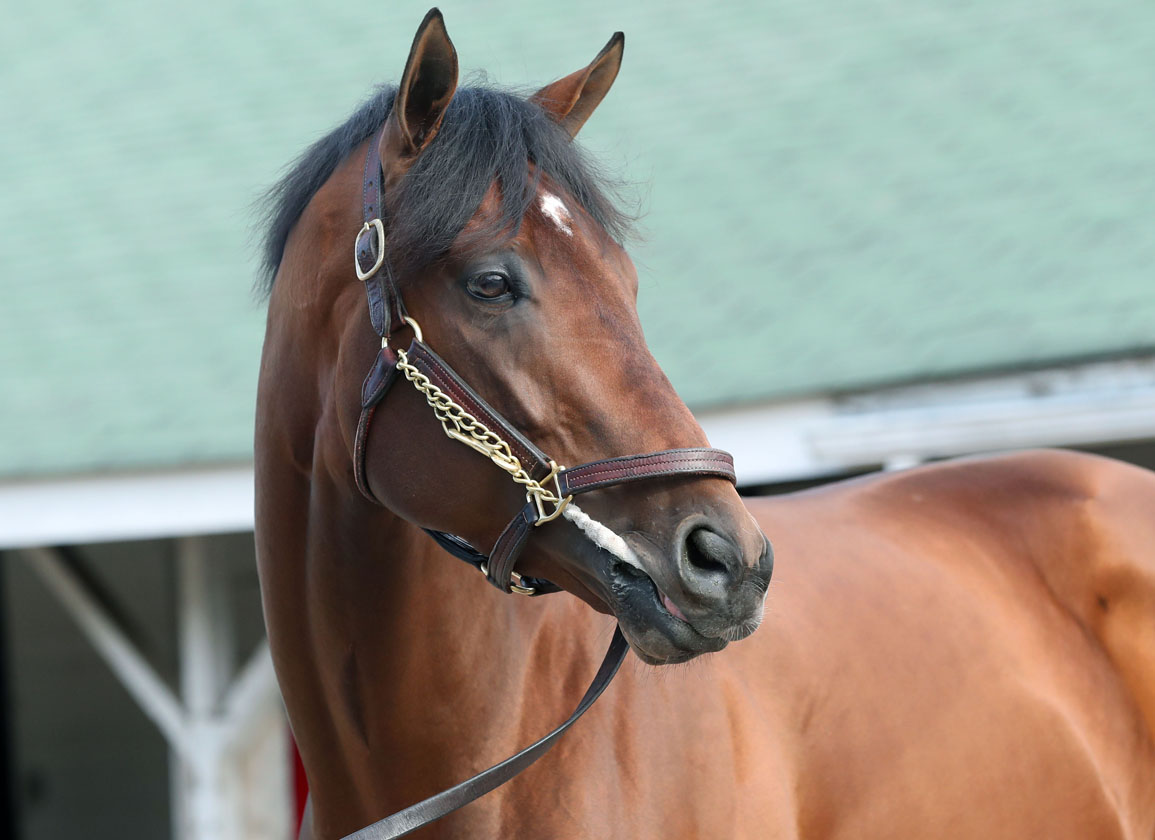After the connections of GI Kentucky Derby winner Rich Strike (Keen Ice) opted to skip the GI Preakness S. and instead prepare for the GI Belmont S., the structure of the Triple Crown races has been a subject of debate leading up to the second leg of the historic series. Should the timing between the races be adjusted? We asked a few veteran industry participants here.
Steve Asmussen:
I think it's what makes it the Triple Crown. There are other lucrative races on the calendar, but these are the American Classics. I think that it all depends on who has what horse in what year.
[Asked about timing between races with Preakness contender Epicenter] I'm far more concerned about the weather, which you would have no control on that if you ran it later. If anything, there's a good probability of it being that much hotter.
The difference of two weeks from the Kentucky Derby to the Preakness and three weeks from the Preakness to the Belmont is negligible. I think a similar argument that would come into that is, would you have more entries if the Belmont wasn't a mile and a half? But the Belmont is a mile and a half. That's what makes it the Belmont. Having the Preakness two weeks after the Derby is what makes it the Preakness.
I've had several runners in the Preakness and our two winners were Rachel Alexandra, who won running back 15 days after the Kentucky Oaks, and then Curlin running back 14 days after the Derby. I've had fresh horses coming into the Preakness who ran well, but none that were winners.
Kenny McPeek:
I don't think there's anything wrong with the timing of the Triple Crown. I think it's fine. It's the ultimate challenge and I think especially without Lasix nowadays, it's even better. Horses can come back quicker. It's tradition and it's hard to do. It takes a really special horse.
Chris McCarron:
I don't think it should be changed. I know that it has changed a number of times over the last 150 years, or whatever it is.
Even if we adjusted things by one week and had three weeks between the Preakness and the Derby and then three to the Belmont, it would certainly make things a little bit easier because a horse is going to have another seven days to rebound and to avoid any kind of a bounce. But if that happened, you'd have to put an asterisk next to any future Triple Crown winners. It would diminish the accomplishment.
With Alysheba, he won the Preakness easily but he was a little bit tired, a little bit knocked out coming into the Belmont. The timing of the races probably did catch up to him. That being said, I don't believe it's in the industry's best interest to fool around with the timing of the races.
Check in tomorrow for more responses from industry participants and see our responses from yesterday here.
Not a subscriber? Click here to sign up for the daily PDF or alerts.






